|
New
Releases |
January 16, 2026
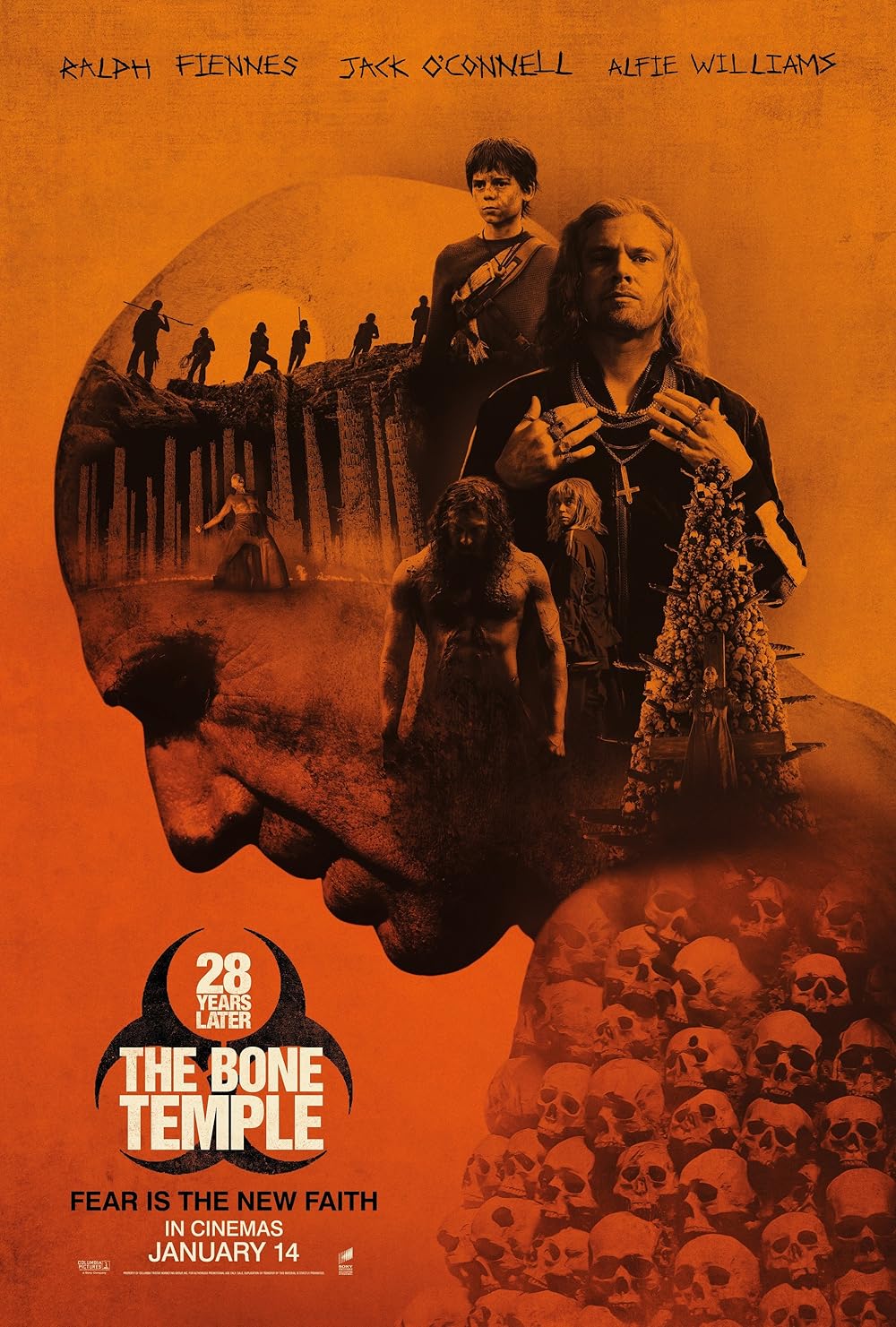
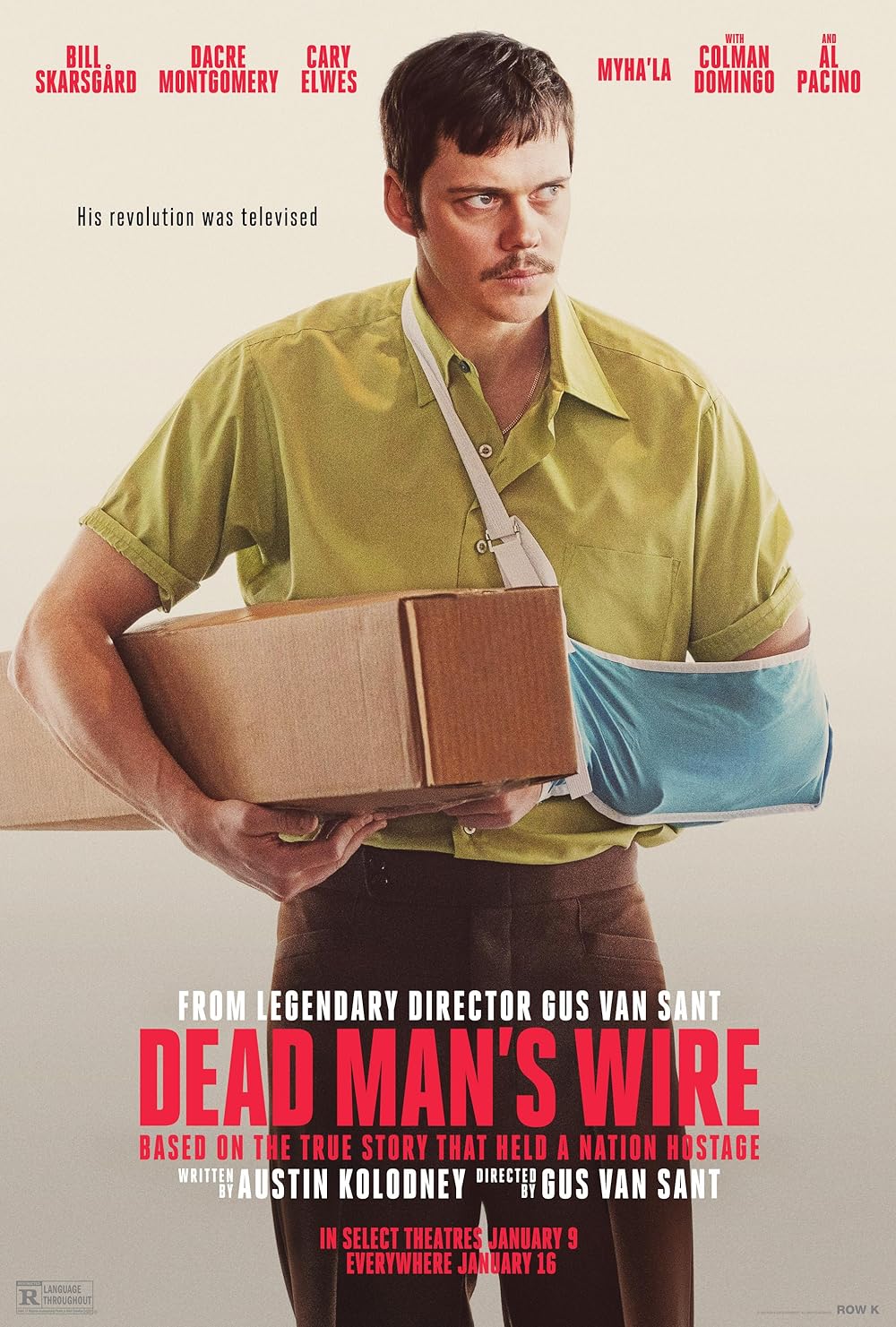

 |
January 9, 2026
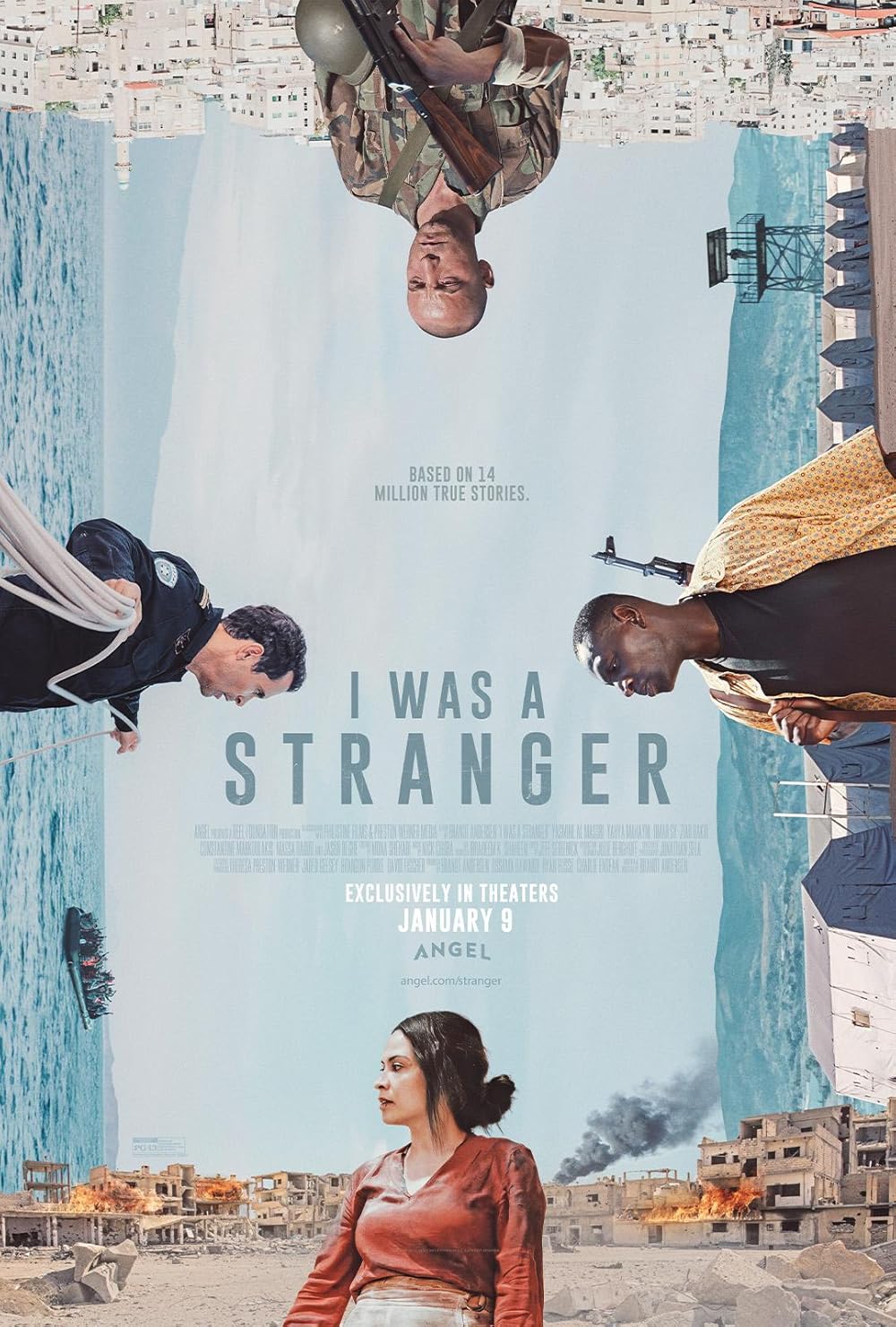
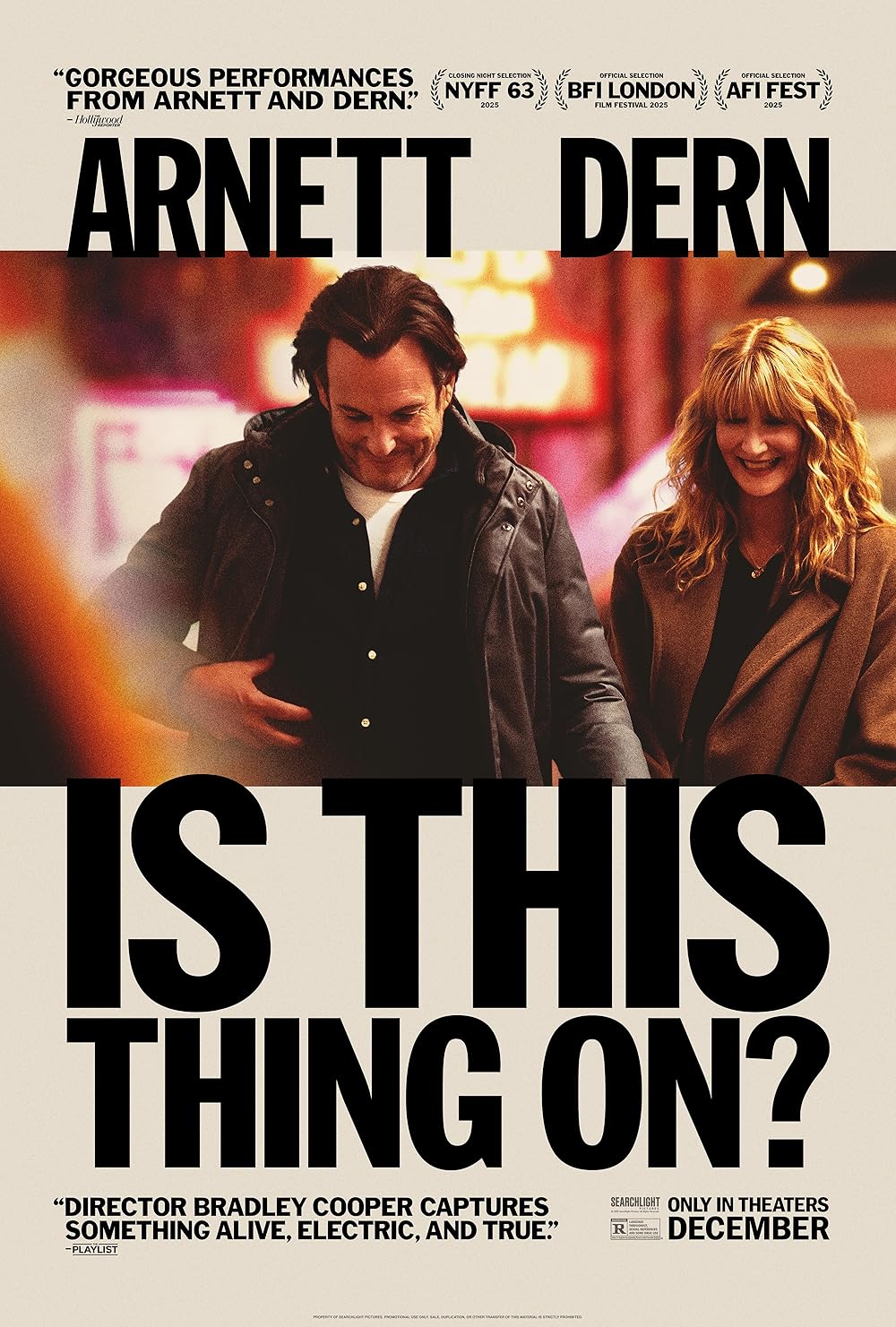 |
January 2, 2026

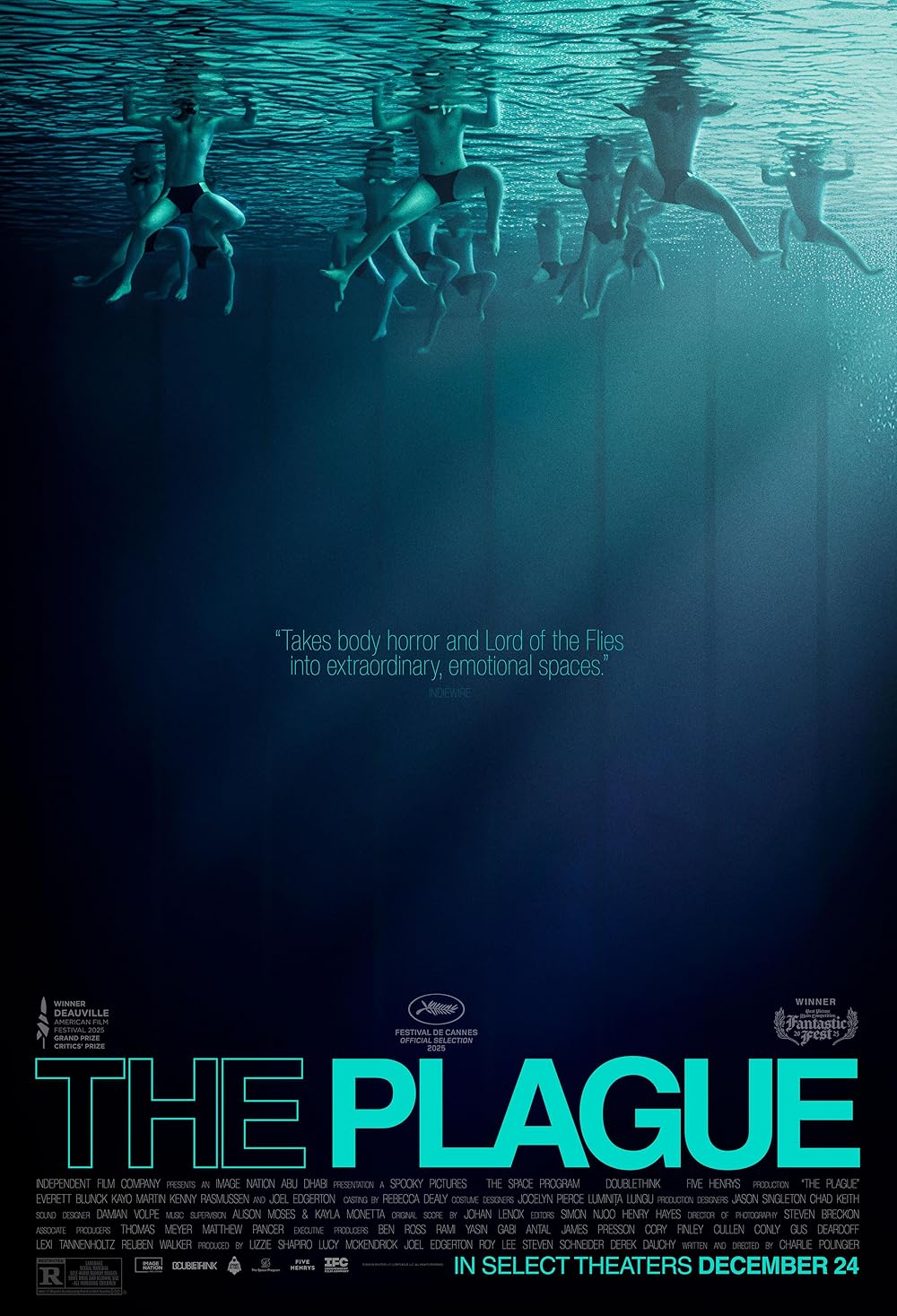
 |
December 26, 2025

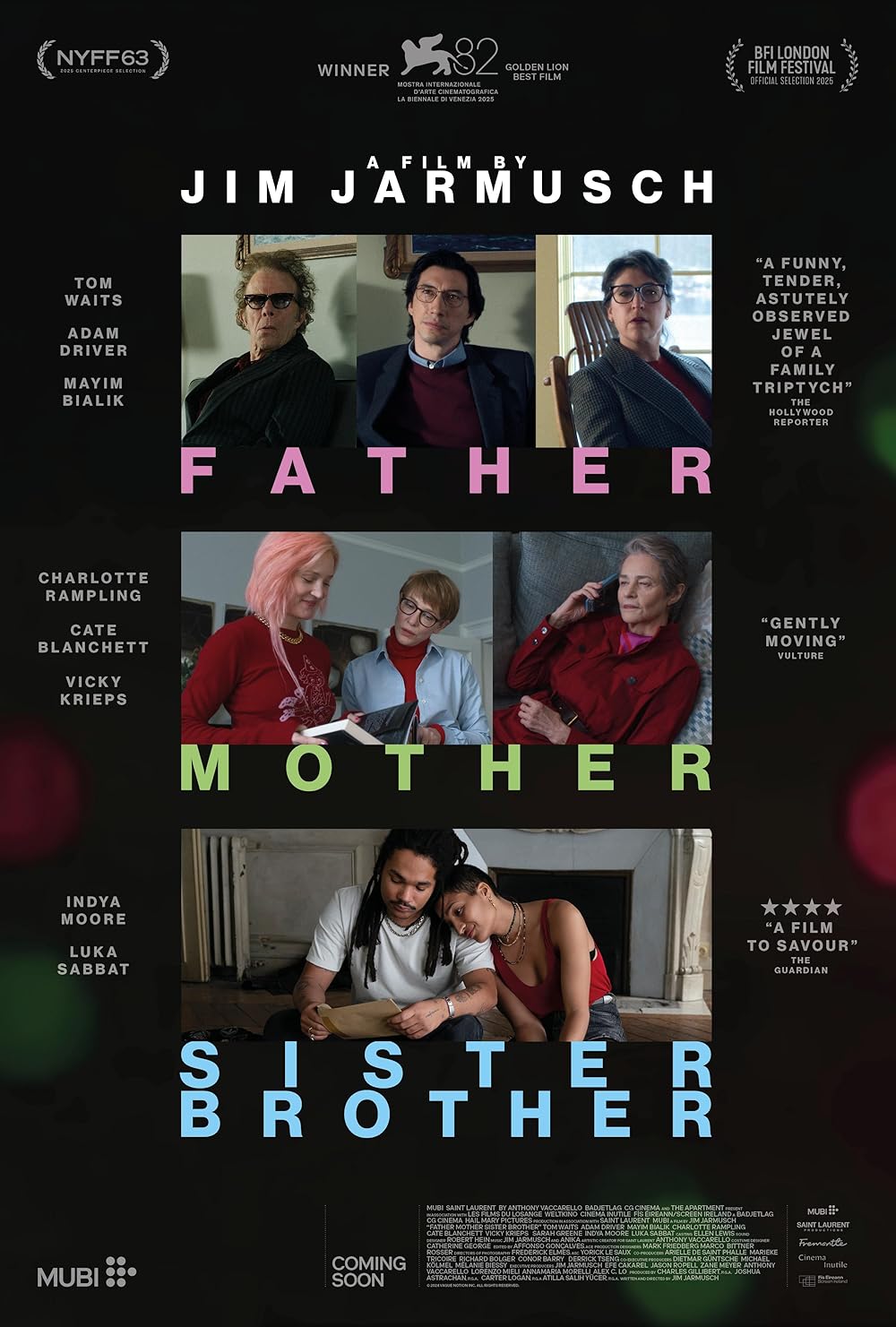
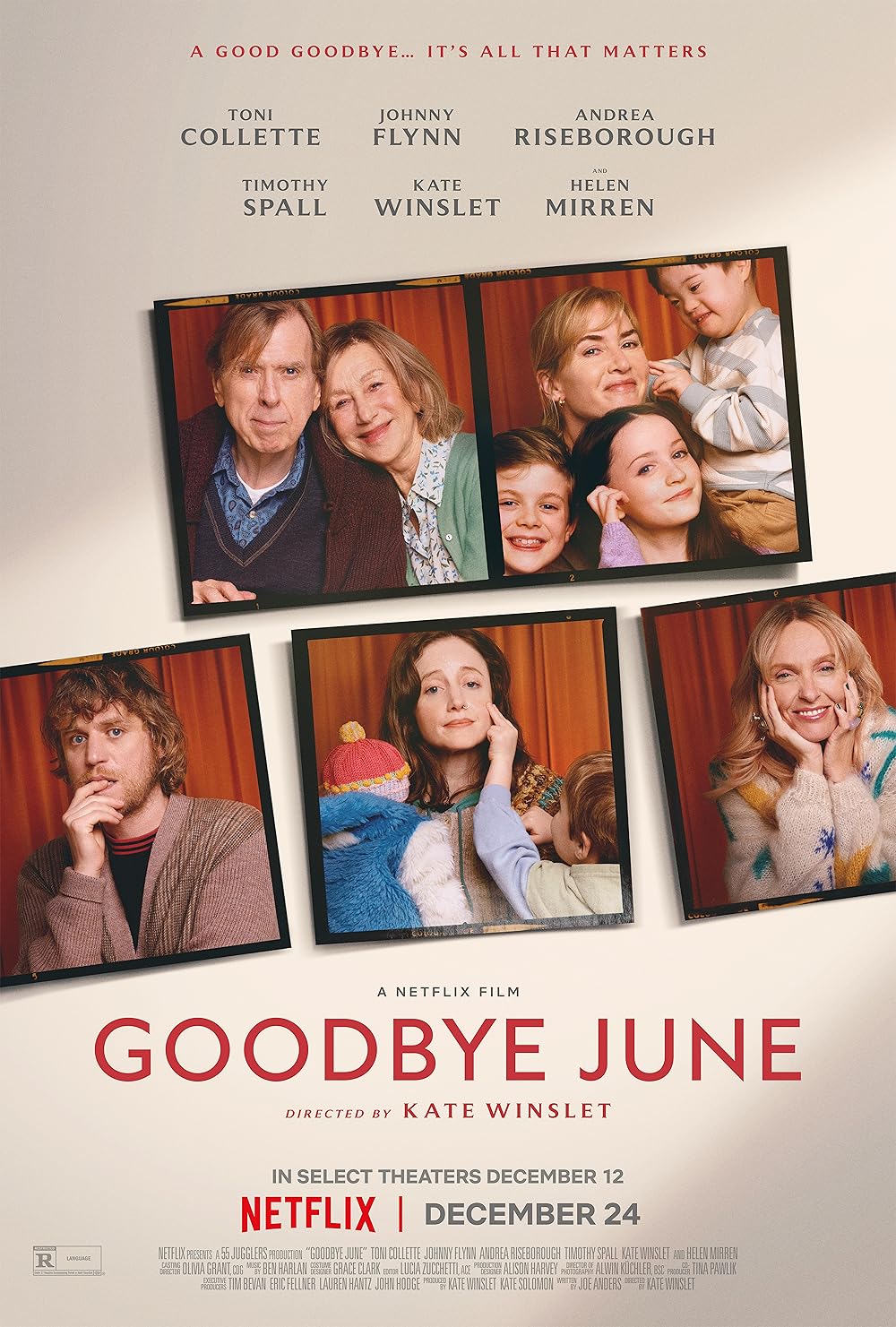


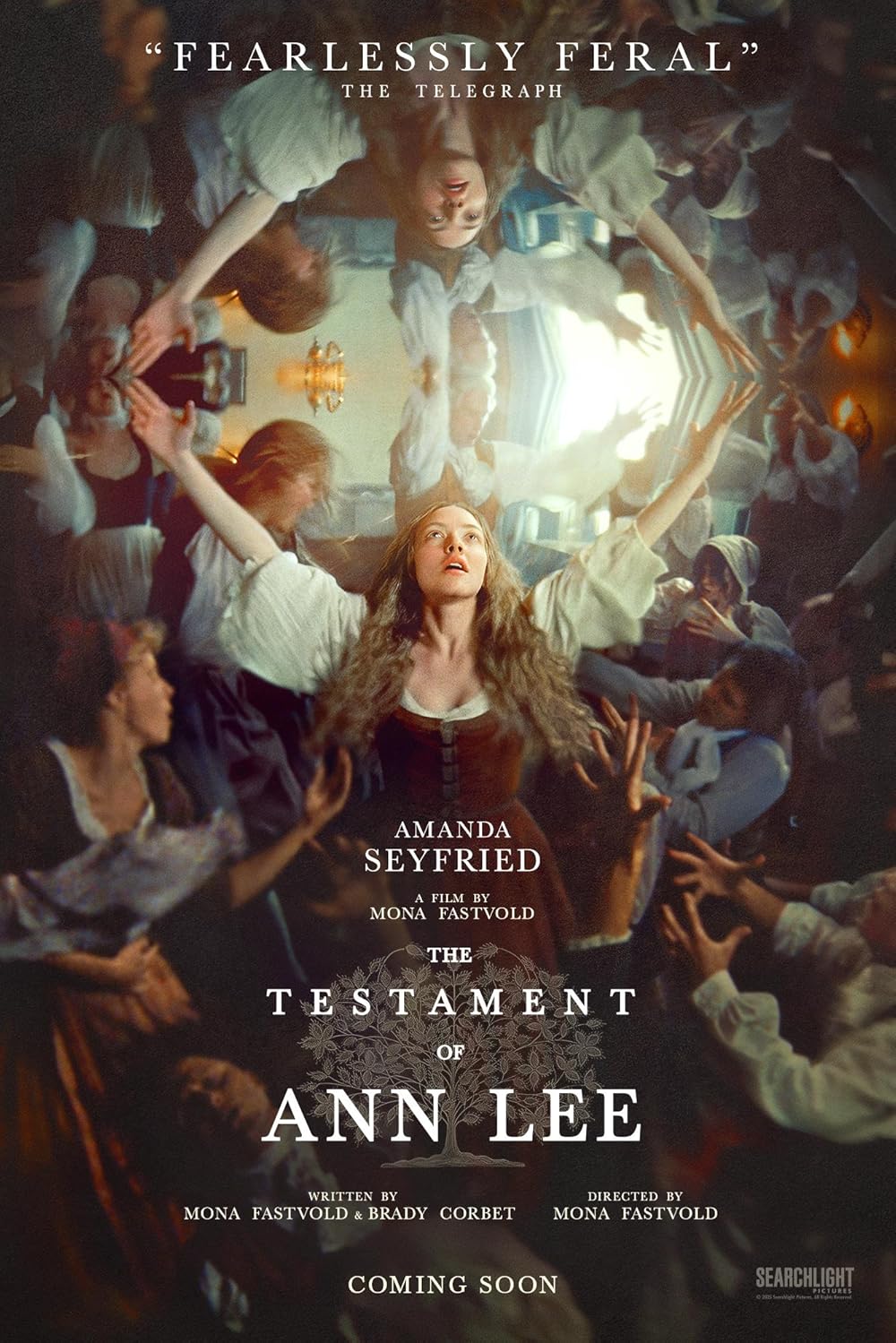 |
December 19, 2025


 |
December 12, 2025
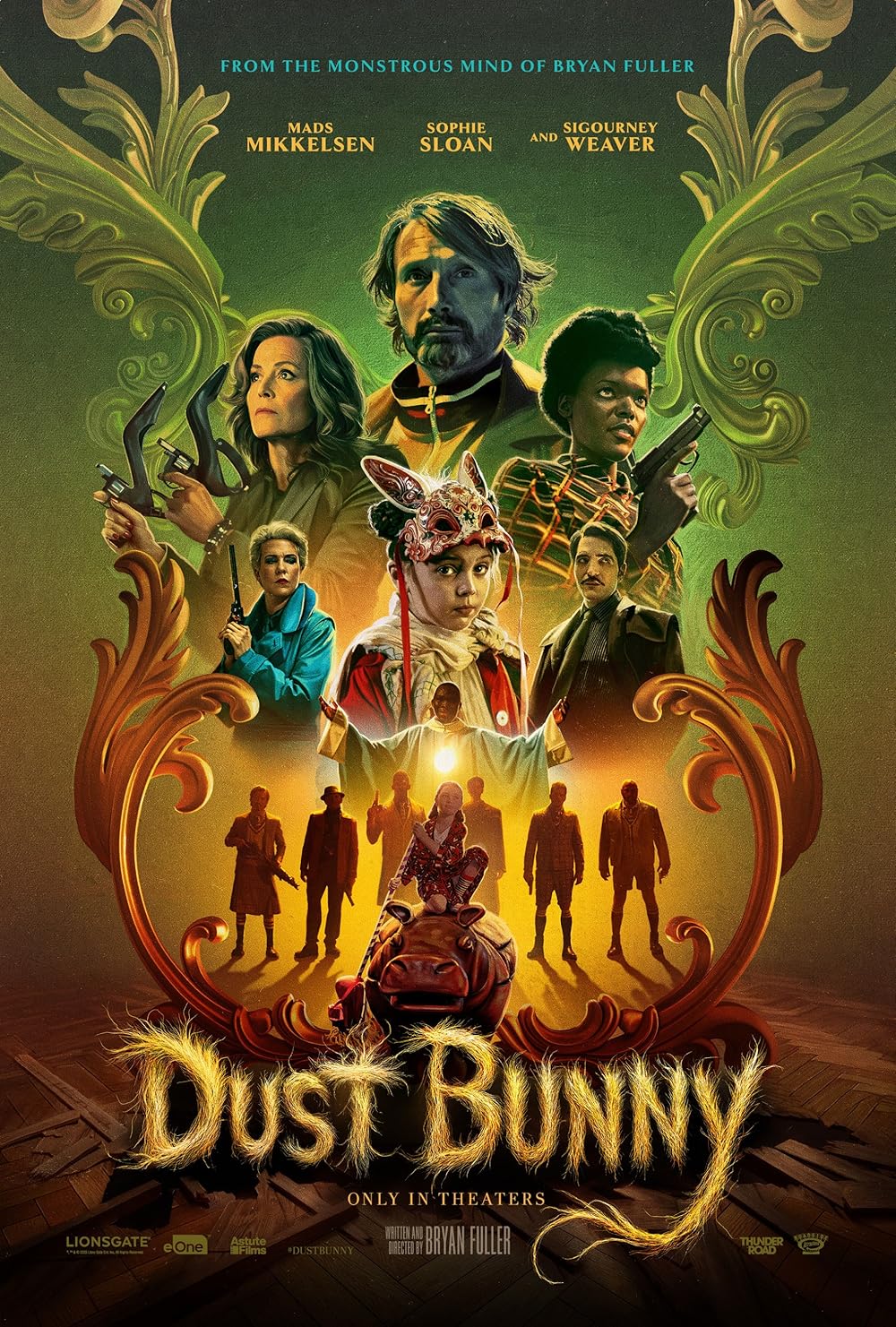
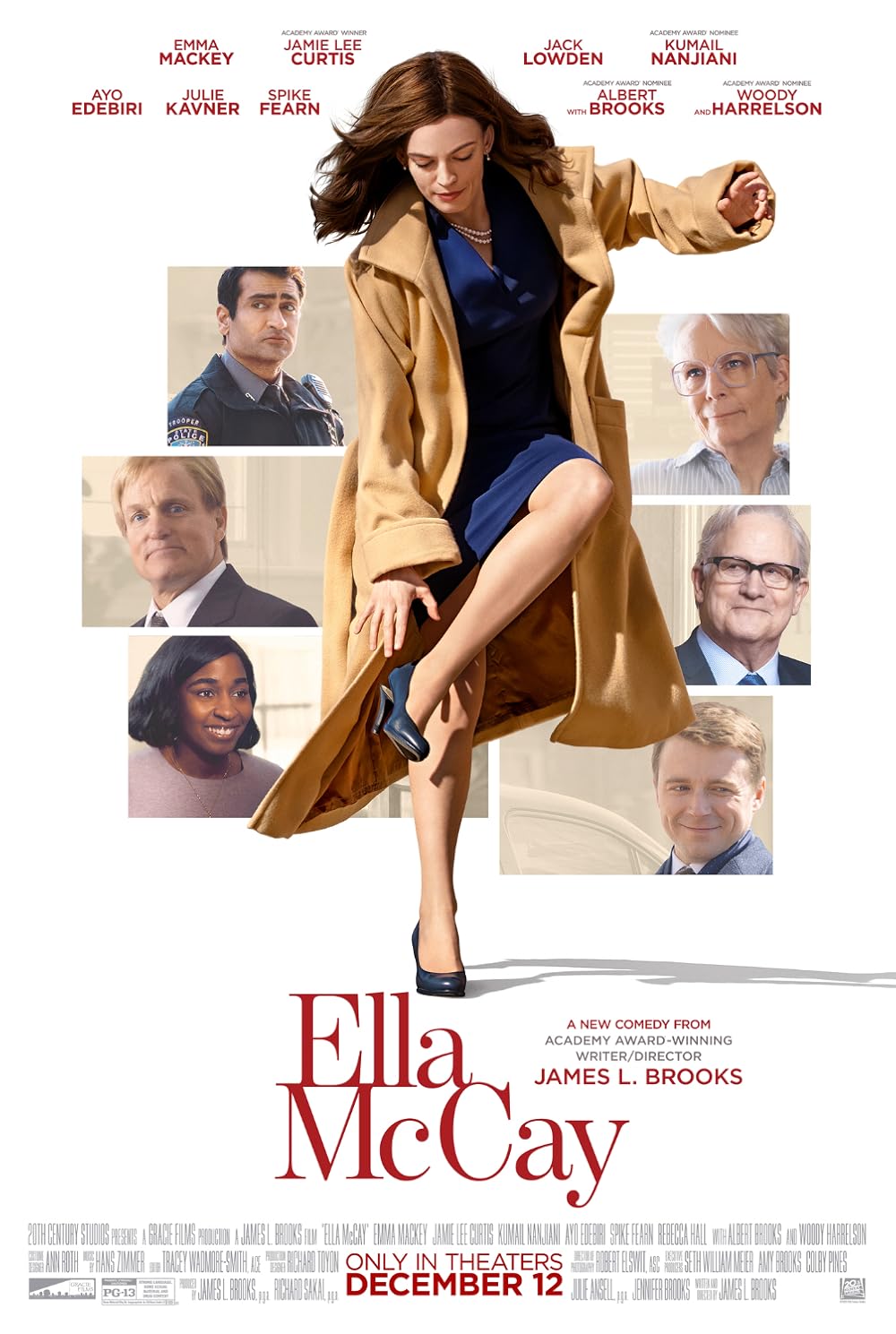
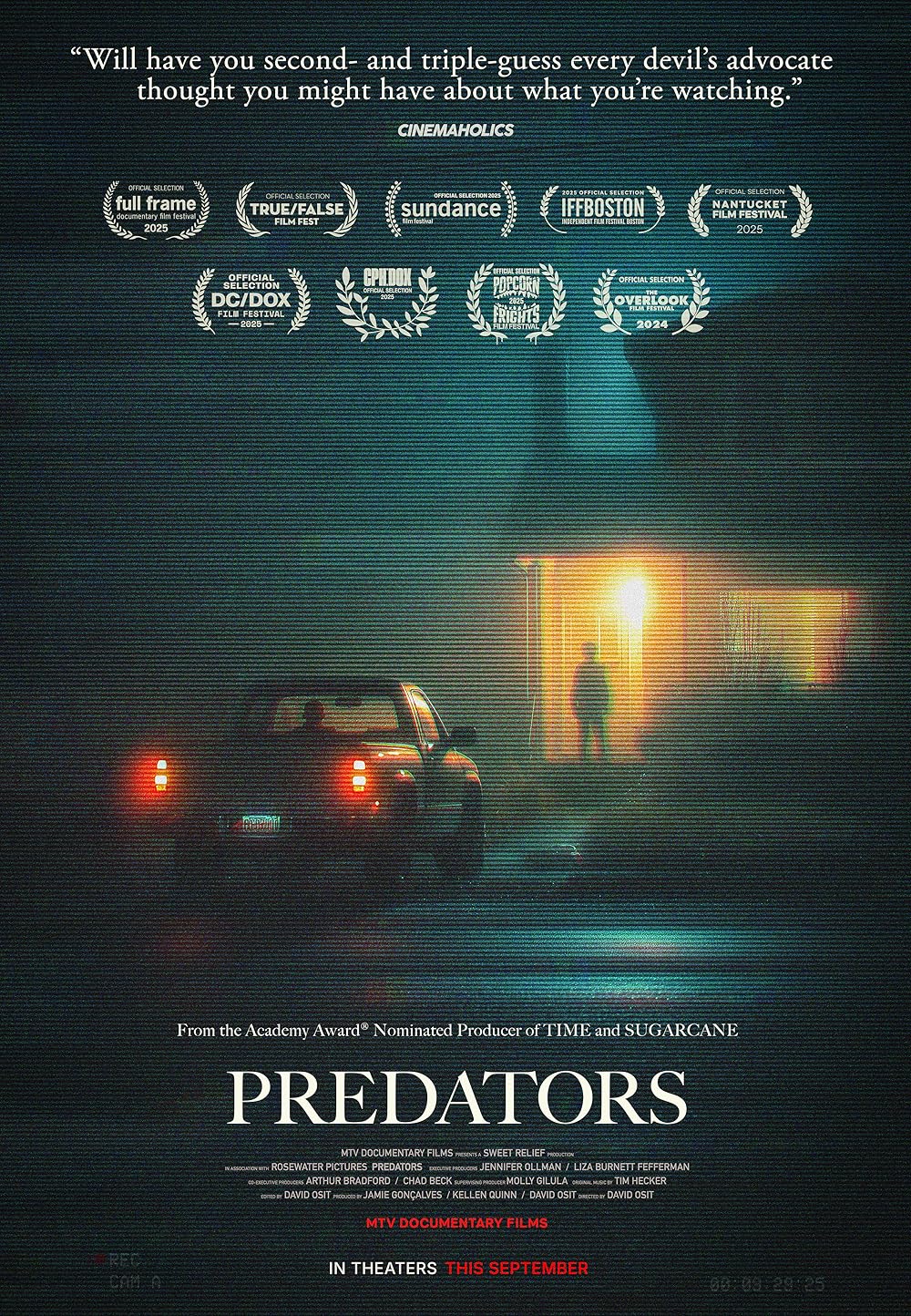
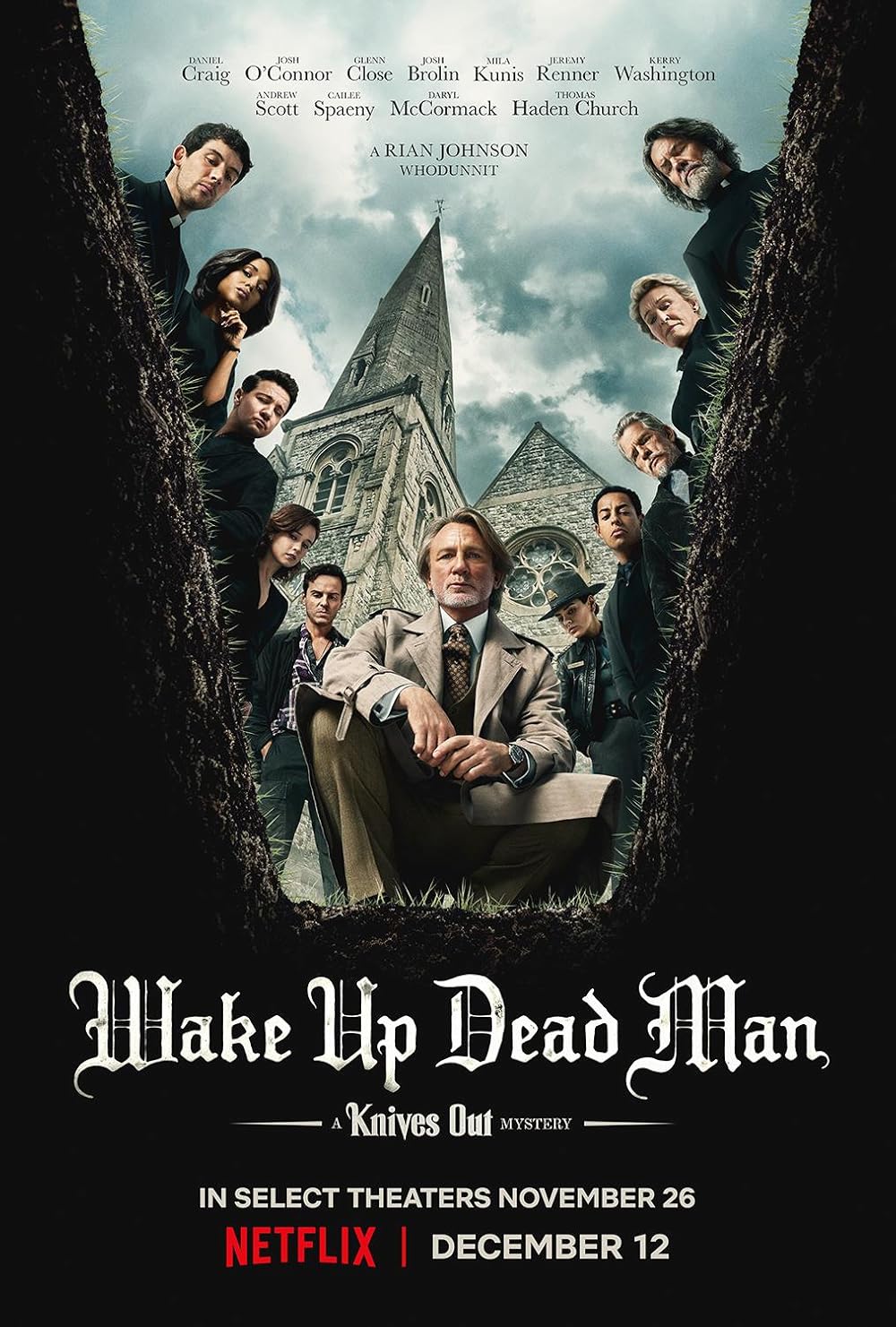 |
December 5, 2025



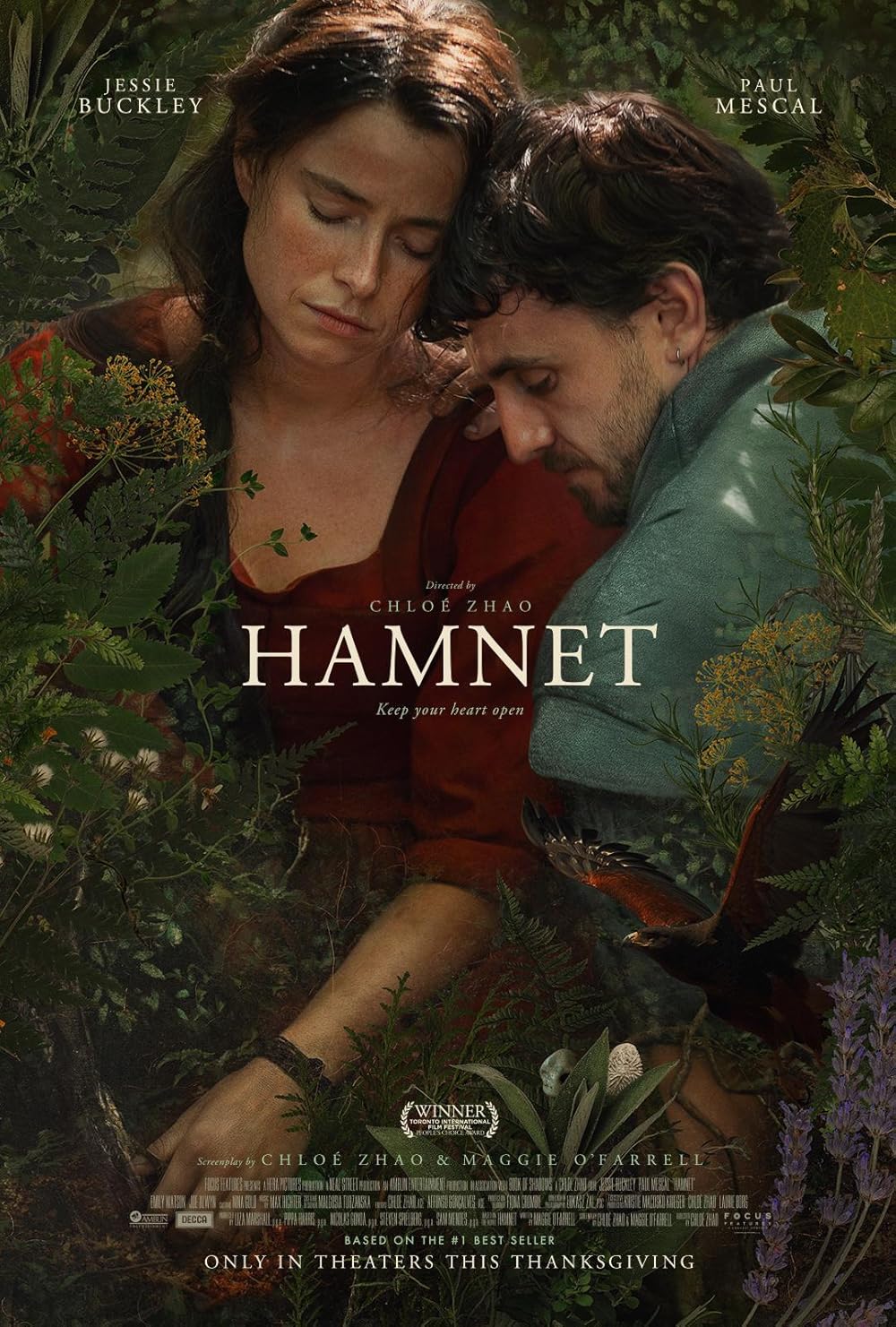
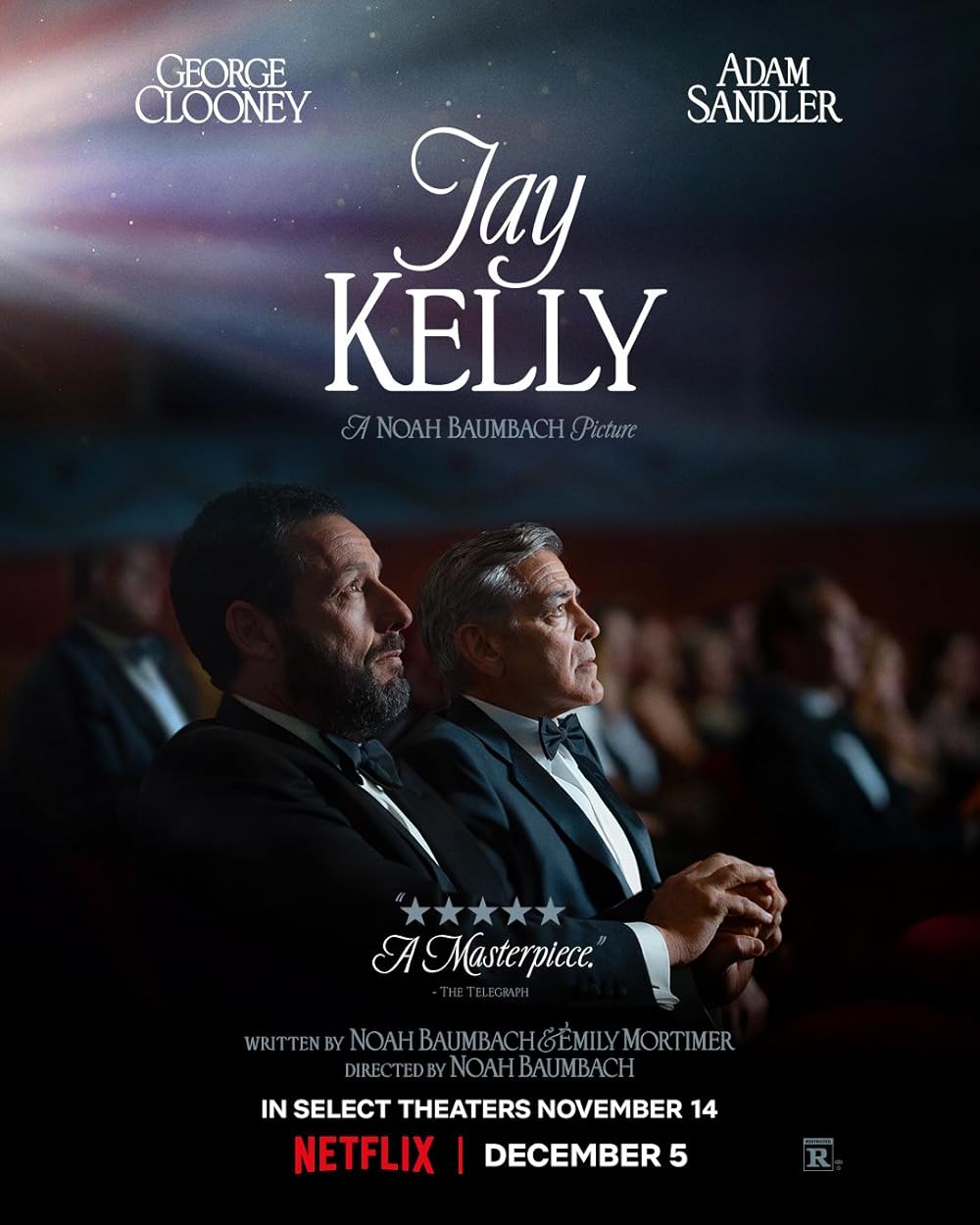

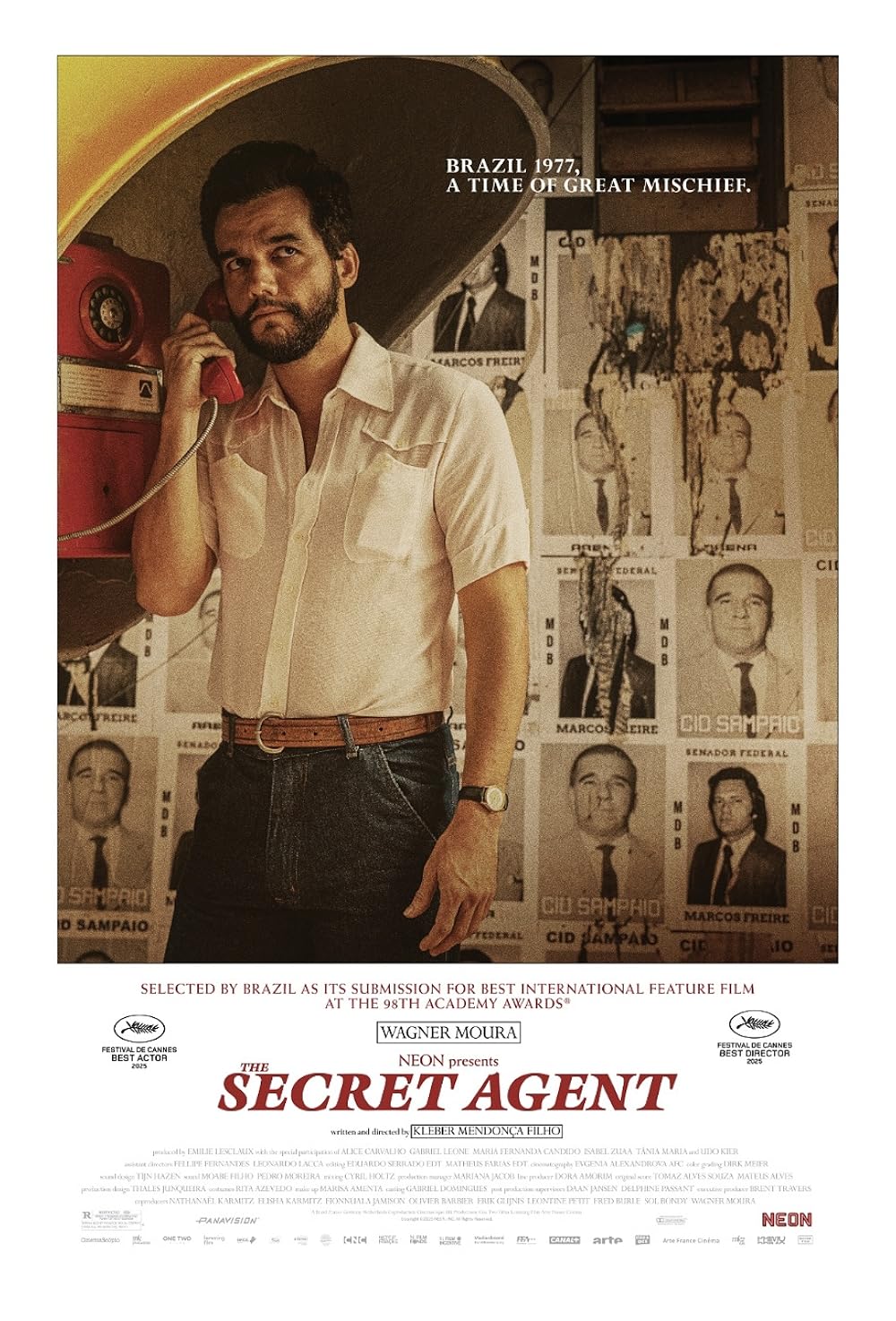 |
|
|
|
The Piano
(1993)
Directed by
Jane Campion
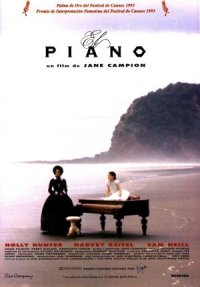
Review by
Zach Saltz
In Jane
Campion’s
The Piano (1993),
the outwardly nebulous concept of a woman’s will serves as the central
basis for understanding her inwardly repressed psyche.
The word “will” has been prescribed to mean many things -- will
as an auxiliary verb, meaning to enable, or will as a noun, meaning an
ardent desire or wish.
Will
power refers to the strength or capability to withstand hardships.
Nietzsche wrote of an acerbic “Will to Power” serving as the
central basis for the belief that innovators should make their own
pragmatic values.
But the
will of the central woman in
The
Piano has less to do with intrinsic potency of emotion or caustic
control than a sort of supernatural prowess that ultimately determines
her fate.
The will is not
religious, but it has enough power to make its patients (or victims,
depending on circumstance) question its motives just as people question
the presence of an Almighty figure, and by the end of the film, this
woman wonders why her will has let her live.
The woman,
Ada (played by Holly Hunter), is immediately cast as an outsider upon
arrival in the lush forest of New Zealand -- as both a mute, as a Scot,
and (most egregiously) as a woman.
These characteristics naturally beg for discrepancy in initial
appraisal of her: while the native Maoris are at first shocked at her
pallid visage (“Look how pale,” one says about both
Ada
and her daughter, “like angels”), Stewart, her new husband, calls her
“stunted” with a frigid look of disappointment.
This woman does not look like the figure in the photograph he has
studied and subsequently used as a reflector to hastily comb his hair.
Of course how could he possibly be all that responsive to a
mysterious woman he himself called a “dumb creature?” (His rationale for
betrothal is that God, like him, loves dumb creatures, too.)
Invariably
their marriage is a façade, and the only proof of its existence comes in
the form of a shabbily-shot photograph of bride and groom passively
sitting next to each other in the midst of a downpour.
Ada
wears a silly gown that she defiantly rips off afterwards, and Stewart
peeks through the camera, confident in his steadfast grasp of the time
and setting.
This motif of
peeking secretly through a hole will reverberate in a later scene when
Stewart looks through a peephole in Baines’ wall to find a sight not
quite so inhibited and under control.
The idea of control was very important in repressive Victorian
society, and Ada’s illicit capitulation to Baines’ sexual blackmail
coupled with the atmosphere of uninhibited Maoris represent stark
backlash to the all-too-formal elements of the European society left
behind by its white émigrés.
Stewart
throughout the film seems profoundly unaware that he is living in rustic
New Zealand rather than aristocratic England; he is so disillusioned
that he cannot even understand the significance of the sacred Maori land
he so vehemently desires.
“What do they want the land for?” He unabashedly laments to Baines.
“They don’t do anything with it.
They don’t cultivate it, they don’t burn it back, nothing.
How do they even know it’s
theirs?”
In his eyes, the
Maoris are savages, with their immoral nakedness and rambunctious
sexuality.
Stewart asserts
his cultured manners by wearing clean shirts and pants and a noble yet
ultimately pitiful top hat.
Indeed, hearty scenes such as when Ada and Flora carefully
tread through a massive pile of mud illustrate a rugged and bucolic
atmosphere that reflect the insidiousness of Stewart’s proclamations of
English male sensibility and decency.
Baines, on
the other hand, is a precursor to what Joseph Conrad must have been
imagining when he created the character Kurtz in
Heart of Darkness.
Here is a man who does not attempt in any way to announce his
European roots, and instead fully assimilates into the Maori culture,
speaking their language and painting his face with their symbolic
illustrations.
His untidy
clothes reflect his dismissal of “cultured society,” and indeed, an
important element of
The Piano
(with its obvious Victorian roots) is the way in which clothes
reflect the suppressive nature of hierarchical roles in the closed
society.
Ada
wears a tightly-fit corset with a bustle, and a hoop skirt that extends
far beyond her tiny legs.
This leads to the film’s most erotically-charged moment, when the
scruffy Baines, beneath the piano, spots a lone tiny hole in the
fittings that sticks out like a sore thumb; and as he covers up the hole
with his fingers, the viewer reads this as a sublimation of tender
aggression toward the harsh formal society in which both characters have
been deemed outcast.
One motif of
The Piano is that of
bargaining.
Besides the
negotiations aforementioned between Stewart and the Maoris, Ada is shamelessly used as a personal
bargaining tool of Stewart to acquire 80 acres of land -- by agreeing to
give Baines his wife’s piano.
When Ada begins to feebly teach
Baines piano lessons, their sessions quickly turn into sensuous
lovemaking as a result of a lurid offer to return the piano to its
rightful owner.
The
transformation of Ada is most clearly seen
in her changing attitude toward Baines; at first, she is repulsed by him
and is shocked by his brash attempts to caress her neck and “lie with
him,” but there is no denying the economical benefits of succumbing to
his fantasies (there are, after all, only 36 black keys on the piano).
But later when Baines gives the piano to Ada (as both a gift and
a poignant artiface of a relationship he knows cannot last -- “It’s
making you a whore and me wretched”), she insolently returns to his hut;
for now it is not her beloved piano she seeks, but comfort -- both
friendly and sexual -- that only Baines can offer her.
Hence, the initial illicit sexual bargaining beginning as a
masochistic master-slave antagonism has blossomed into a renaissance of
a deeper sense of necessity and greater self-worth.
In that sense, it is an exchange of wills -- the will to dominate
through frivolous bargaining superseded by the will to love and satisfy
in the idylls of mutual affection.
Of the many
dichotomies in the film, the most pervasive lies between reality and
illusion.
While the film
itself is mostly void of formalistic elements (the only noticeable
examples are the employment of Ada’s voiceover and the curious animation
when Flora speaks of her father to Aunt Moorag), the invisible presence
of Ada’s will always adds a supernatural atmosphere to the story, as if
we are being told a legend or a fable out of place and time unblemished
by modern encumbrances.
As
in Gothic literature, pathetic fallacy serves as a barometer of emotions
being played out, as the black rain begins to fall when Stewart
discovers
Ada’s
gift to Baines (the “key” to her heart).
An earlier scene on the sunny beach featuring Flora performing
ecstatic cartwheels represents the ephemeral joy that is found in the
liberating yet sparse wide open spaces of the island.
And the underwater images toward the end, shot by director
Campion in a wonderfully unusual stop-motion filming technique,
represent Ada’s “underwater grave” beneath a sea of
rapture -- not waving but drowning, to channel the famed Stevie Smith
poem.
And that
leads to the question of the ending, which some critics and viewers
argue makes the film actually lose a certain profundity by being too
conventional and “happy.”
In a story of such stark, lucid imagery and atmosphere, the “happily
ever after” epilogue may seem oddly out of place.
When considering this, I am reminded of what Ursula Le Guin once
wrote: “The trouble is that we have a bad habit, encouraged by pedants
and sophisticates, of considering happiness something stupid.
Only pain is intellectual, only evil interesting” (336).
But the characters of
The
Piano have encountered so many struggles over the course of the film
that the viewer is left with nothing but a fervent sense of hope that
the story’s resolution will find them at a happy place for once.
Campion is keenly aware, however, of the sharp critical
repercussions of a traditional happy ending to the stoic atmosphere the
film has so meticulously maintained, and wisely chooses instead to focus
the last images of
The Piano
on the stunning capabilities of Ada’s will to at once seemingly end her
life while sparing it the very next moment.
This ambiguity of the ultimate path of Ada’s will has led Carol
Jacobs to suggest that
The Piano
has not one or even two, but three entirely discrete endings,
effectively leaving the viewer without the complete and total
satisfaction of the “happy” ending with Ada teaching piano back in
Nelson, but certainly not without some relief that she has been
liberated from her prison on the island.
Despite the initial confusion, we are sure of one thing, as
Ada
so perfectly articulates: that her will has chosen life, simply and
sweetly, and for this, we can surely all be thankful.
Rating:

# 2 of 1993
|
|
New
Reviews |
Reactions to the Nominations

Written Article - Todd |
2026 Oscar Predictions: Final

Written Article - Todd |
Todd Most Anticipated #5

Podcast Featured Review |

Podcast Review - Todd |

Podcast Review - Terry |

Podcast Review - Zach |
10th Anniversary
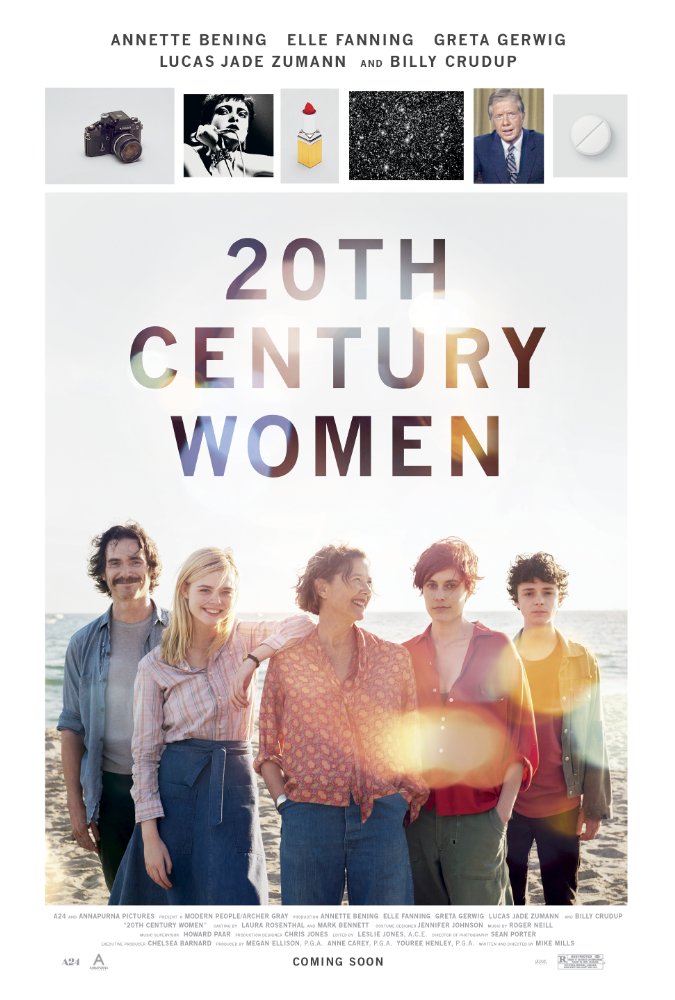
Podcast Oscar Review - Terry |
Director Blindspot Watch
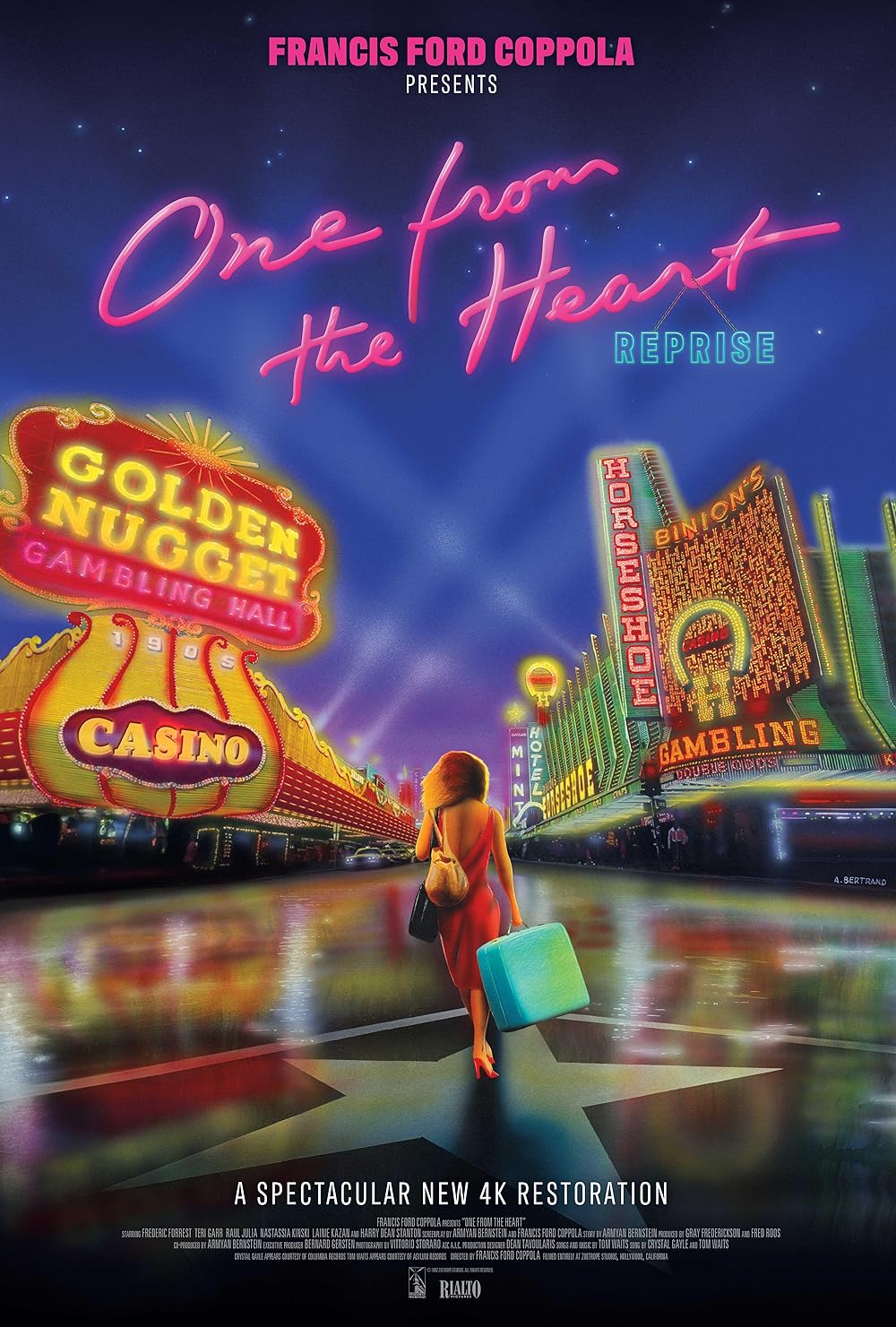
Podcast Review - Todd |

Podcast Review - Zach |
Ford Explorer Watch
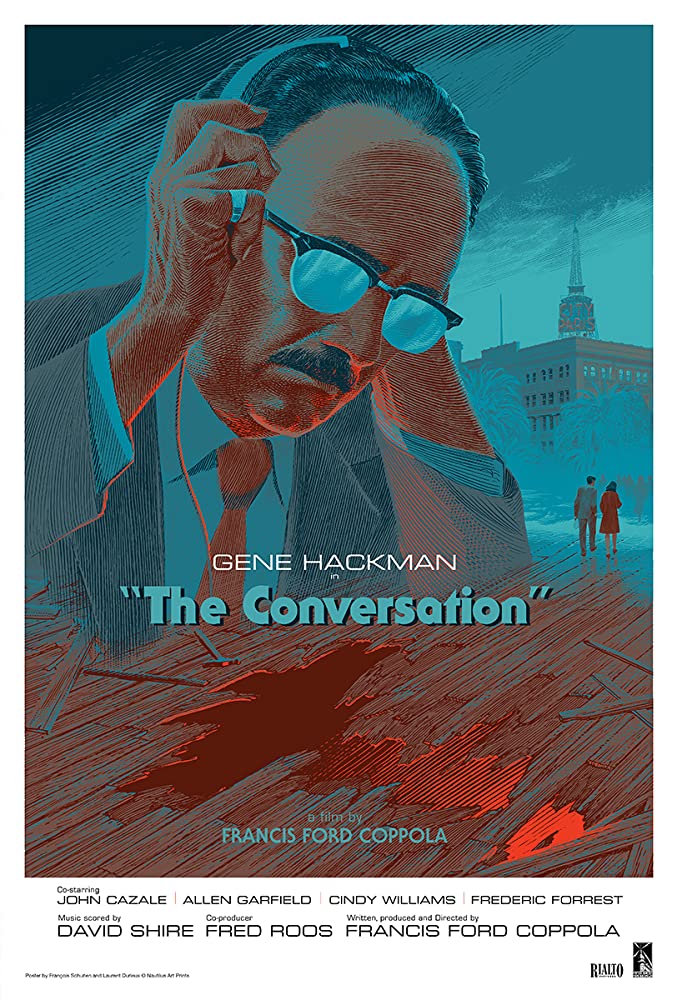
Podcast Review - Adam |
2027 Oscar Predictions: Jan.

Written Article - Todd |
Terry Most Anticipated #2

Podcast Featured Review |

Podcast Review - Terry |

Podcast Review - Zach |
20th Anniversary

Podcast Oscar Review - Terry |
Ford Explorer Watch
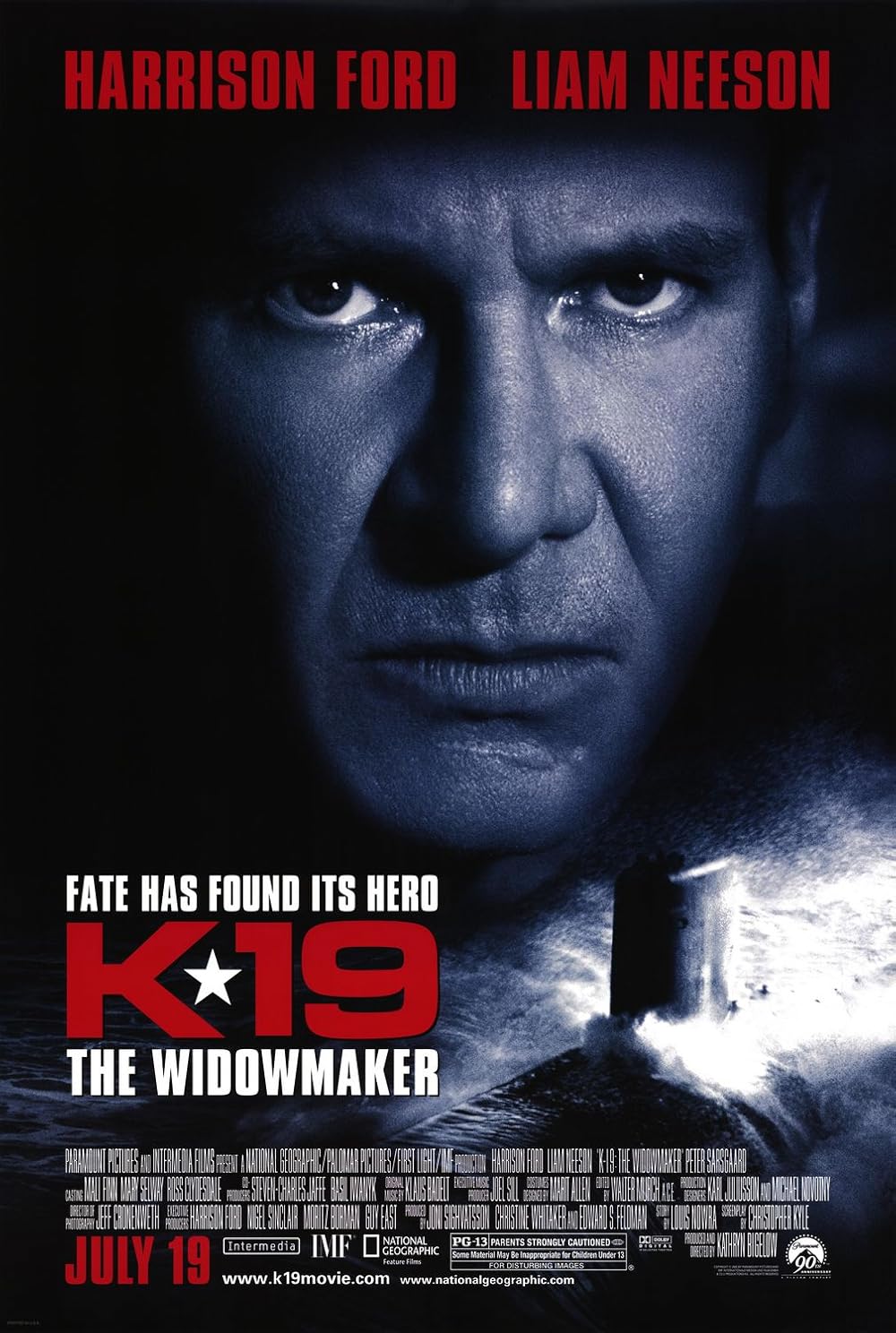
Podcast Review - Adam |
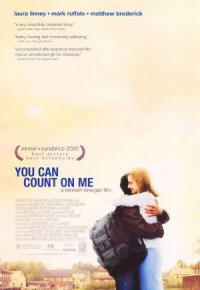
Podcast Trivia Review - Adam |
Director Blindspot Watch
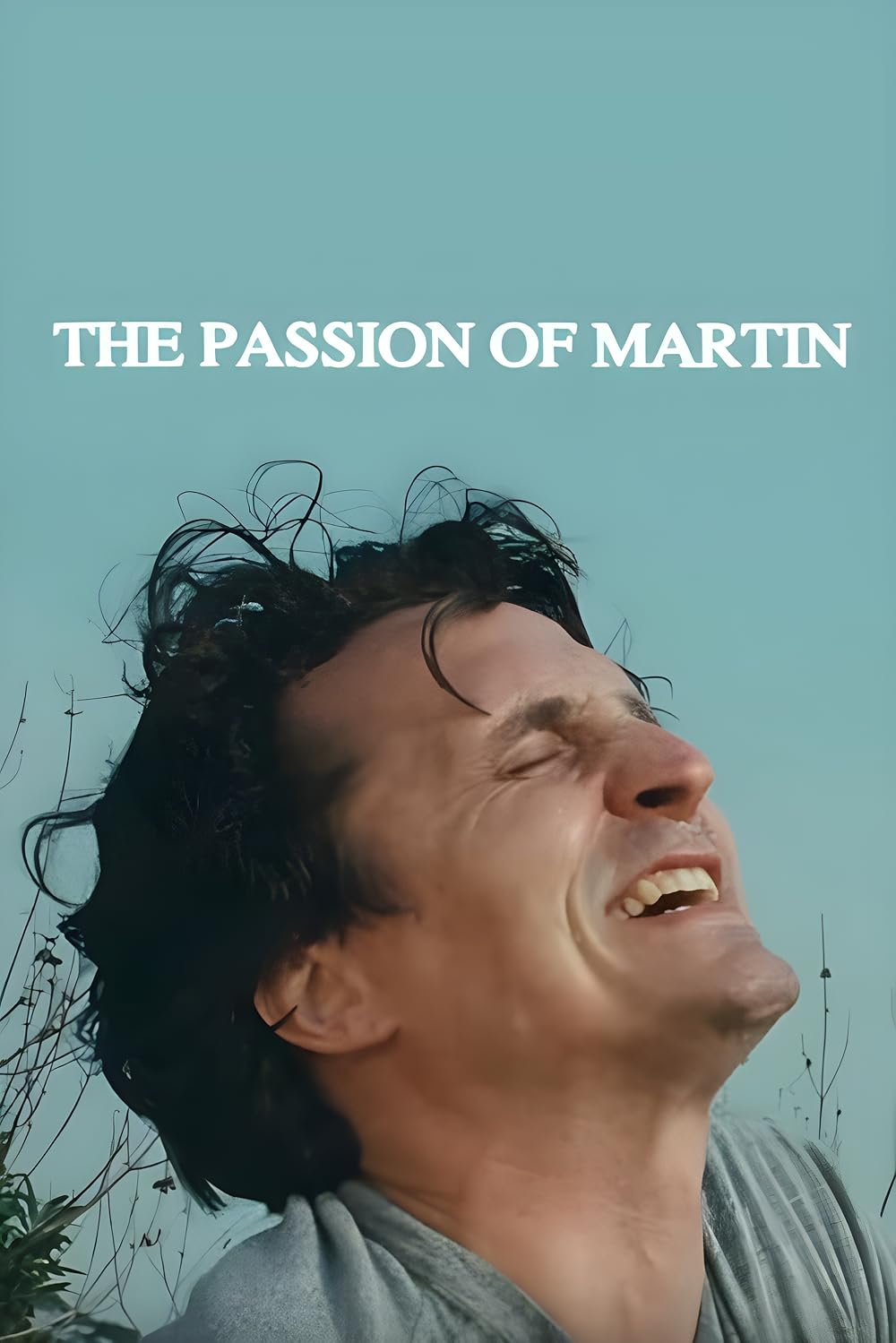
Podcast Review - Todd |
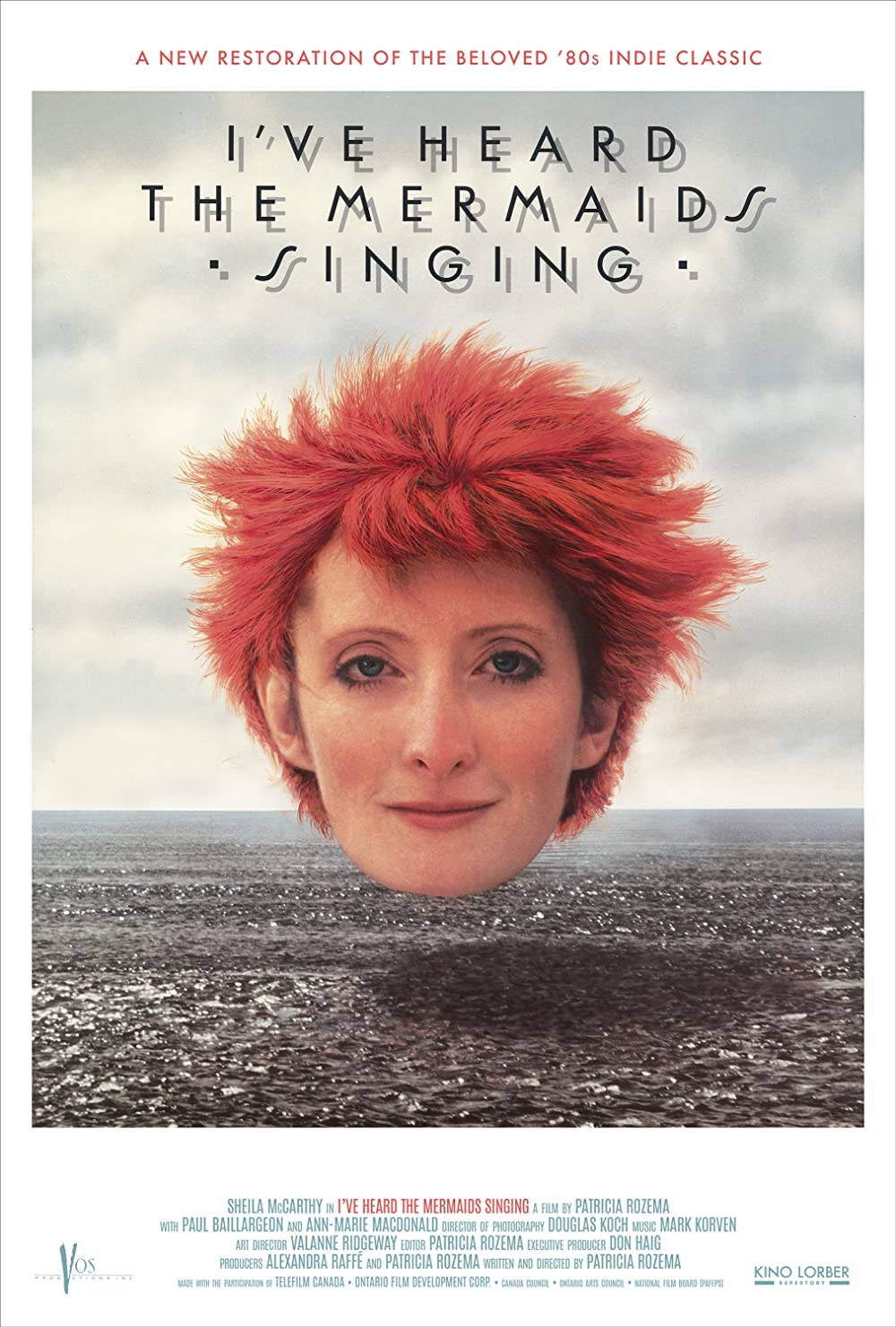
Podcast Trivia Review - Todd |
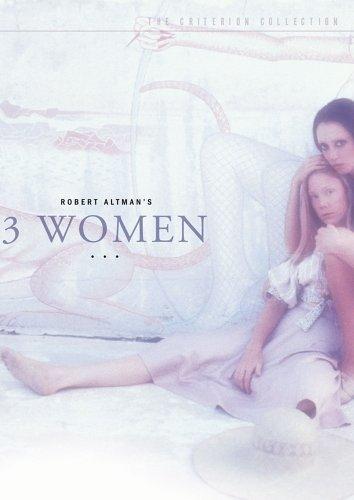
Podcast Trivia Review - Terry |
25th Anniversary

PODCAST DEEP DIVE |

Podcast Featured Review |

Podcast Review - Adam |

Podcast Review - Terry |

Podcast Review - Terry |
Indie Screener Watch
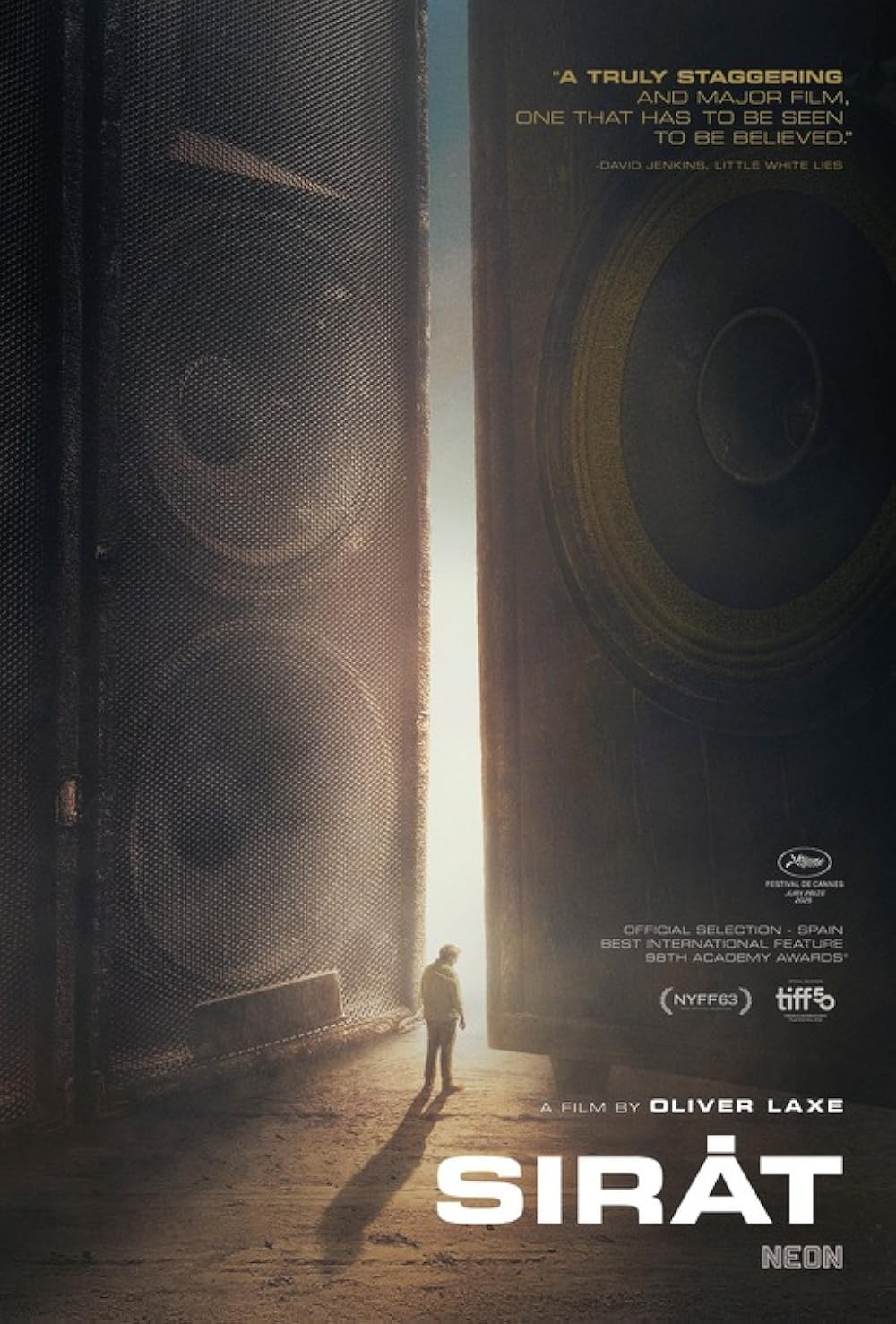
Podcast Review - Todd |
|
|
|